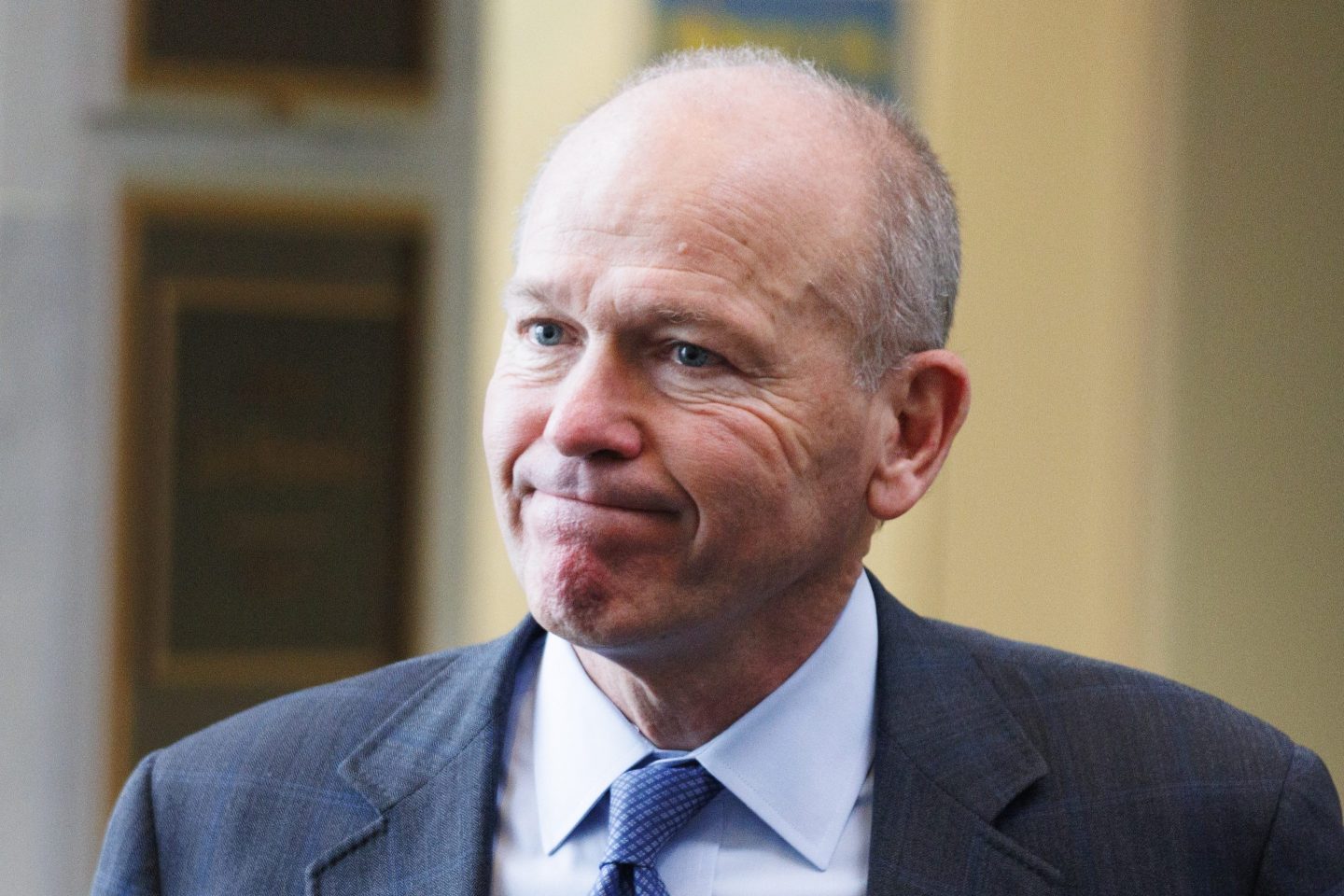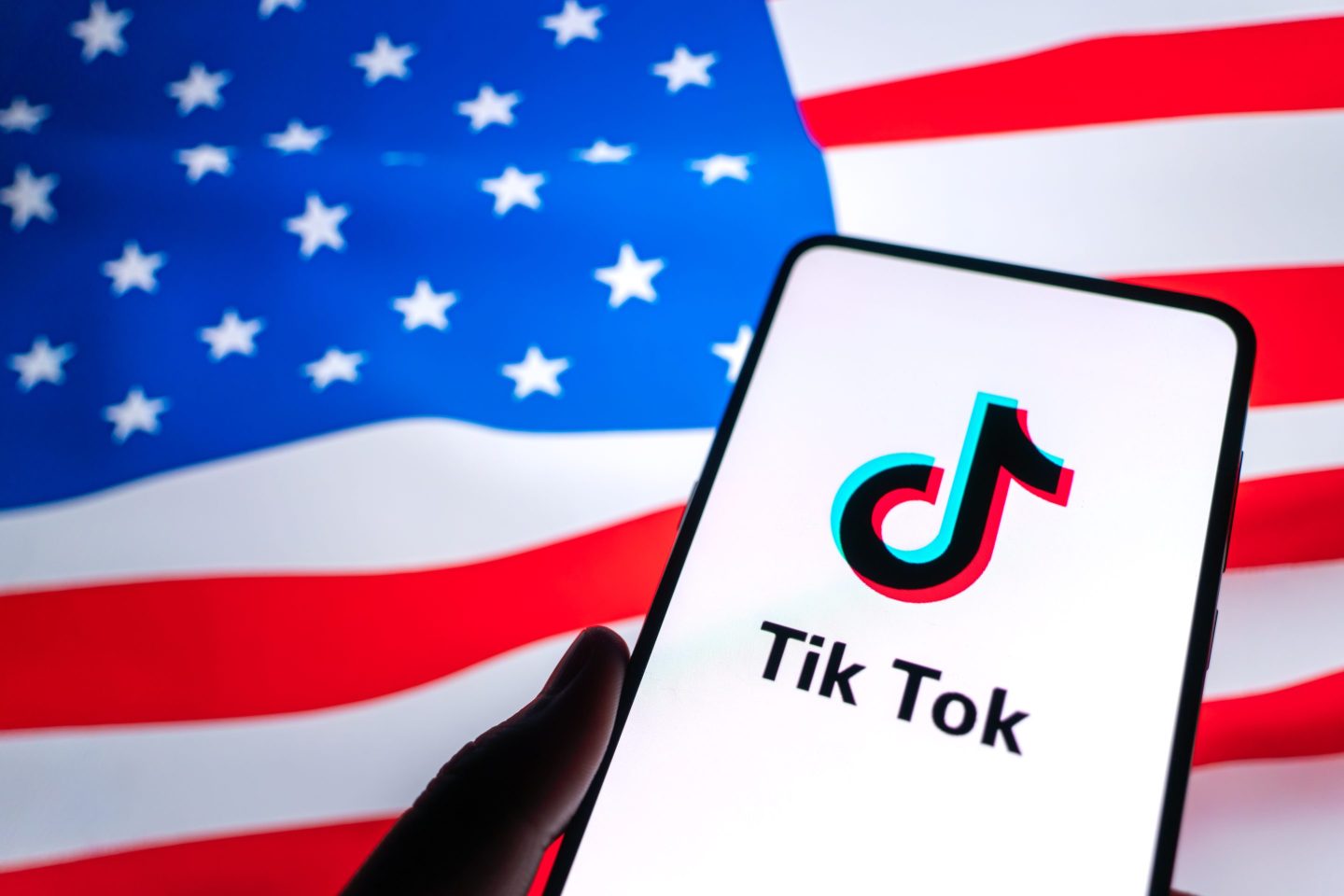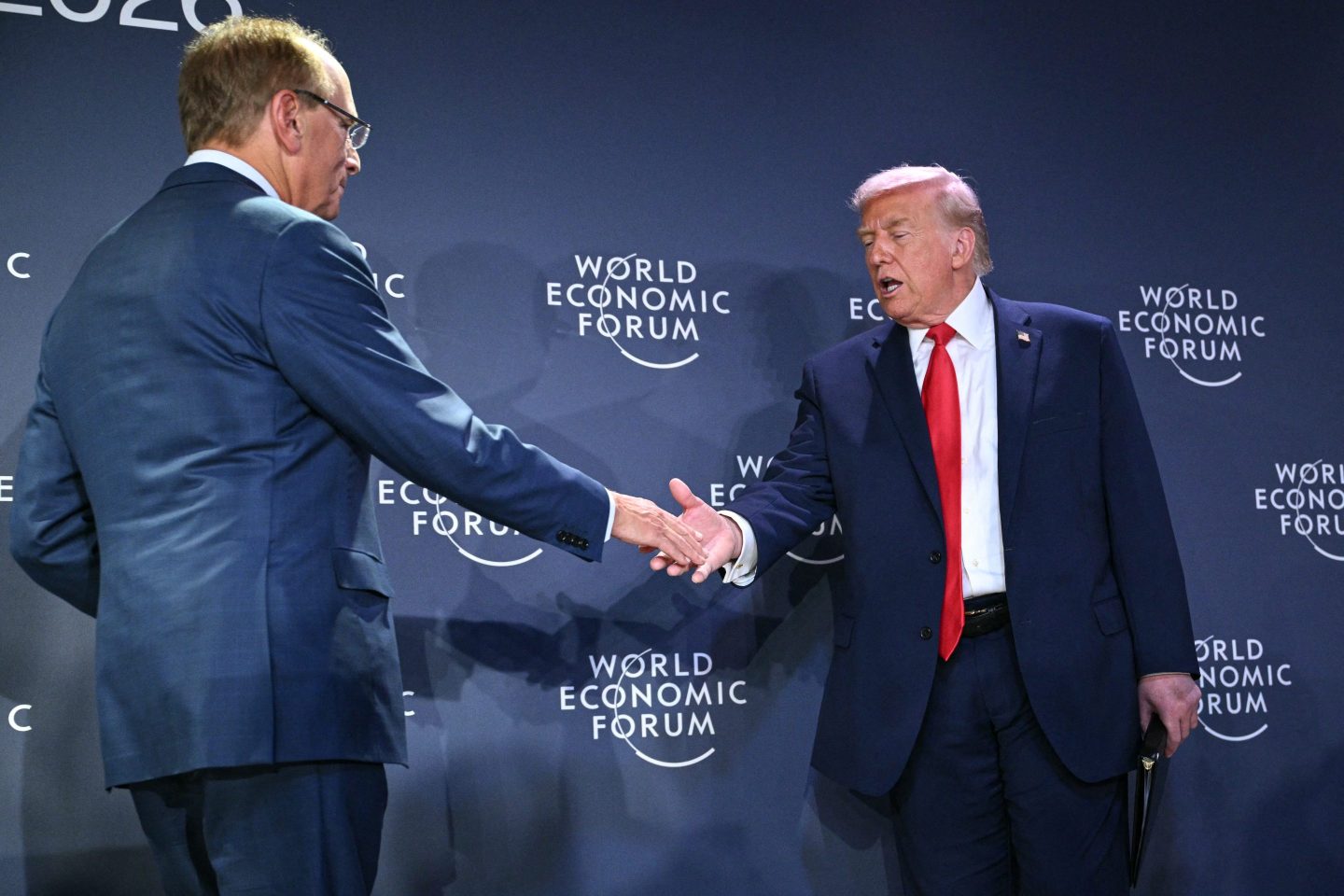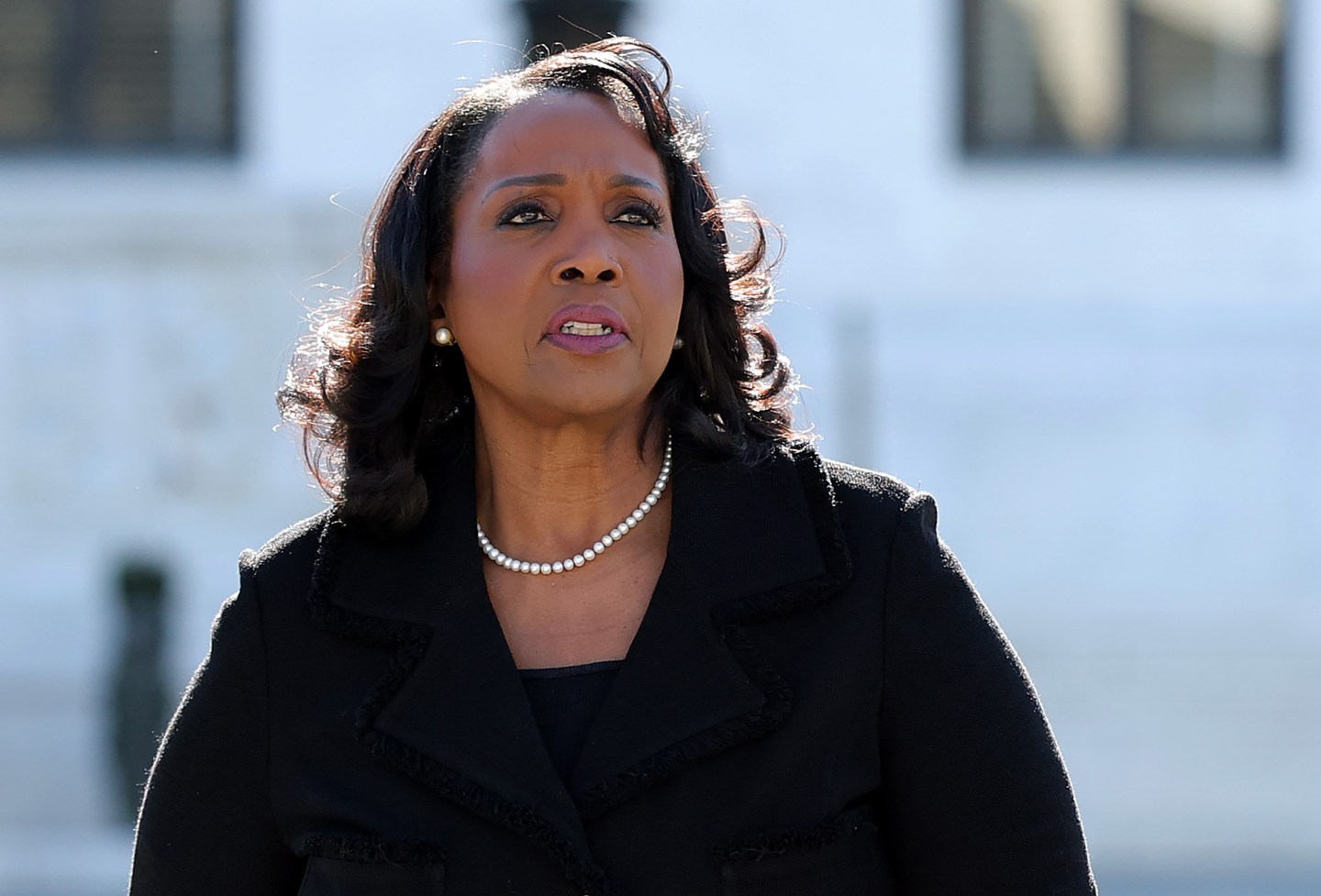Good morning.
Another terrible, no good, very bad day for Boeing. The New York Times got its hands on a slide presentation summarizing the Federal Aviation Administration’s six-week review of Boeing’s production of the 737 Max. The agency conducted 89 product audits, and Boeing failed 33 of them. It separately conducted 13 product audits on Spirit AeroSystems, which makes the 737 Max fuselage, and gave it seven failing grades. In one shocking incident, the FAA saw Spirit mechanics applying liquid Dawn soap to a door seal as a lubricant.
Meanwhile, Boeing’s customers continue to suffer the consequences. Southwest said it would have to reevaluate its 2024 financial forecast because of Boeing’s delivery delays. United asked Boeing to stop building the 737 Max 10s it was working on. “It’s impossible to say when the Max 10 is going to get certified,” CEO Scott Kirby told an investor conference. Boeing’s problem “is not a 12-month issue, it’s a two-decade issue.”
And all that came a day after the whistleblower who worked for the company in South Carolina was found dead in his truck from what appeared to be a self-inflicted gunshot wound. Boeing stock fell another 5%. Airline stocks were also down.
Separately, I missed the taping of this week’s Leadership Next, but my cohost, Michal Lev-Ram, reports the following:
A little more than a decade ago, René Lacerte stumbled on an epiphany: His title was wrong—or rather, it was in the wrong order. Since starting his payments software company BILL in 2006, Lacerte had always called himself its “founder and CEO.” But as the company grew, and hit some growing pains, he realized he needed to start thinking of himself as BILL’s “CEO and founder.”
“The reason I flipped it was to remind me every day that my responsibility to the company is as the CEO,” Lacerte told me. “I’m always going to be the founder of BILL, no matter what, right? The heart and soul and culture, that’s the easy part of being a founder. The hard part of leading is actually changing and growing as the leader that the organization needs, and that’s the CEO role.”
This simple switch in title, or “trick” as Lacerte calls it, isn’t pure semantics. It’s a meaningful mind-shift in how founding CEOs should think about their role. The founder part, as Lacerte says, will always be there—even when the founder steps down. But the CEO is more dynamic, just as companies are ever-changing. Founders tend to think of companies as their “babies.” But CEOs? It’s the organization that they have to lead.
You can hear the entire interview on Apple or Spotify. Other news below.

Alan Murray
@alansmurray
alan.murray@fortune.com
TOP NEWS
Bumble changes things up
When it launched in 2014, Bumble touted its decision to let women make the first move on its dating app, saving them from the flood of low-effort inquiries from men found on competing services. But new CEO Lidiane Jones, faced with slowing interest in dating apps, is considering removing this key feature. “It feels like a burden for a subset of our customers today,” she tells Fortune’s Emma Hinchliffe. Fortune
LGBTQ inclusion
Gen Z LGBTQ employees are giving their employers lower scores on inclusion and allyship compared to those from older generations, according to a new study from EY. Just 38% of survey participants who scored their workplaces poorly expected to stay for longer than a year. Mitch Berlin, vice chair of strategy and transactions at EY’s Americas practice, says companies need to give employees a safe environment: “Even if you weren’t doing it for altruistic reasons, you should be doing it for business reasons.” Fortune
Toyota hikes pay
Toyota Motor met its union’s pay demands for the fourth year in a row in a positive sign for wage growth in the Asian economy. While the union didn’t disclose exact figures, Toyota said wages were now at their highest level ever. Strong wage growth in Japan could increase the chance that the country's central bank hikes interest rates in April, ending the world’s last negative interest rate regime. Bloomberg
AROUND THE WATERCOOLER
The CEO of the Las Vegas agency behind Boring Company’s first tunnel system says his team will be ‘more involved’ after safety incidents by Jessica Mathews
Jamie Dimon doesn’t care if Bitcoin hit a record high, but will defend people’s right to buy it like he’ll defend your right to smoke a cigarette by Eleanor Pringle
Lufthansa hits turbulence: New cabin crew strike adds to woes of Germany’s flag carrier as ground staff walkout hits profits by Prarthana Prakash
Shrinkflation is coming for your home by Alena Botros
Billionaire Frank McCourt says the surgeon general is only half right about the social-media mental health crisis. It’s a crisis of personhood, not privacy by Frank McCourt and Michael Casey
This edition of CEO Daily was curated by Nicholas Gordon.
This is the web version of CEO Daily, a newsletter of must-read insights from Fortune CEO Alan Murray. Sign up to get it delivered free to your inbox.














